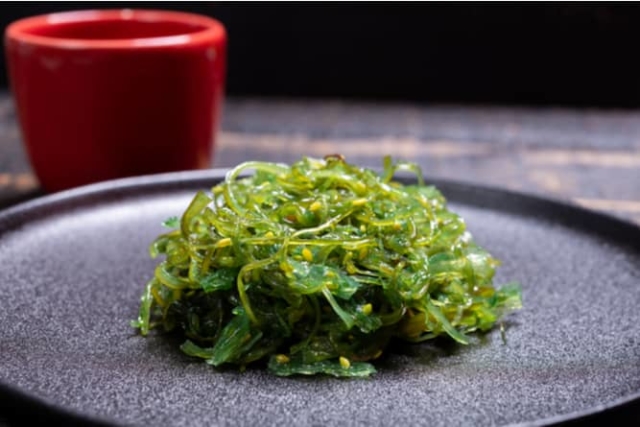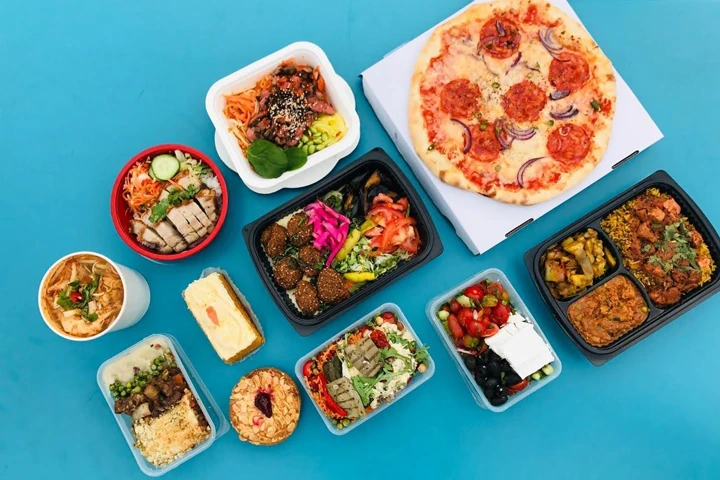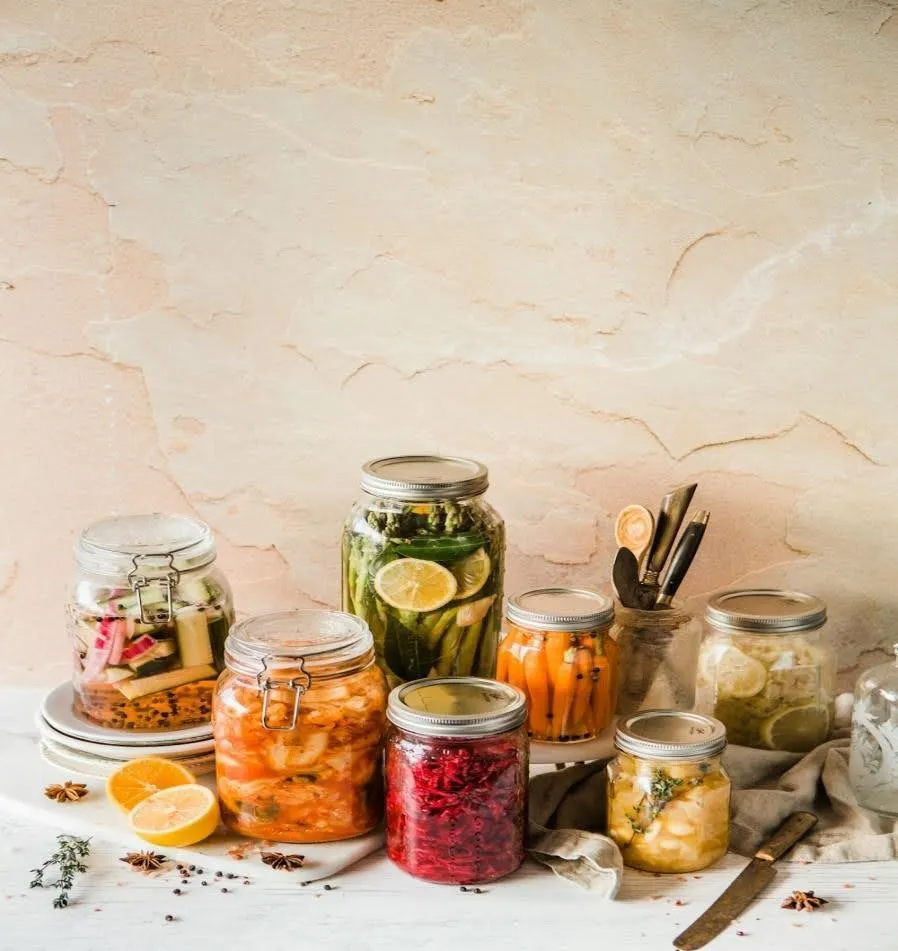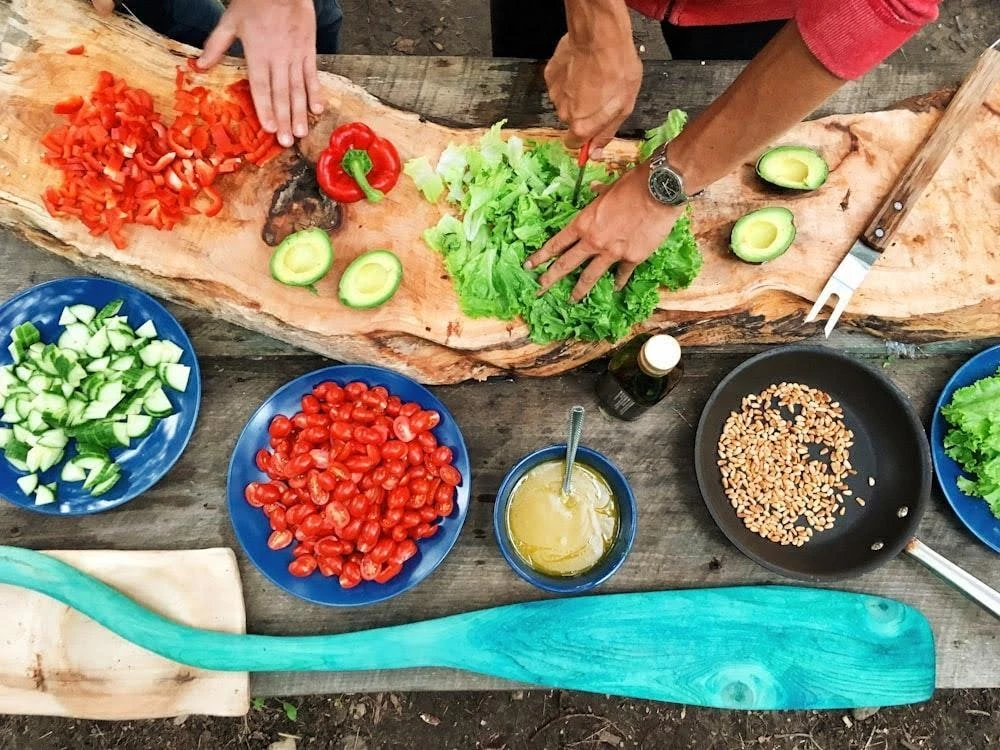Our body needs a lot of nutrients and minerals to ensure that all the organs function properly. While the body produces some of these, we rely mostly on external sources for them. If you are a vegan or are trying to turn into one, it is only natural to wonder how to get all the nutrients that you need.
All it takes is a little bit of planning, nutritional knowledge, and simple food preparation skills. And you can get all the nutrients that your body needs.
Here are some examples of food items that will help you get all the essential nutrients.
- Vitamin A:
Vitamin A plays a crucial role in improving your immunity, improves your eyesight and helps in reproduction as well. You must consume Vitamin A along with some fats so that your body can absorb it better.
Oranges, vegetables, and a few servings of green leafy vegetables are good sources of Vitamin A.
- Proteins:
There are abundant sources of proteins in the plant kingdom that you can rely on. Legumes are extremely good sources of proteins and notable examples are peas, beans, tofu, lentils, peanuts, etc. Nuts, seeds, and whole grains also contain proteins but in much smaller quantities.
- Calcium:
People usually assume that dairy products are the only source of getting calcium. That is not entirely true. You can get calcium in a lot of plan based products but the quantity is relatively less as compared to dairy products.
Plant-based milk, kale, collard greens, and fig are good sources of calcium. Broccoli, orange, black beans, and chickpeas also contain calcium but in even smaller quantities.
- Zinc:
Zinc aids in cellular metabolism, growth, and development. Vegan food such as baked beans, pumpkin seeds, wheat gram, and peanuts. You can find zinc in smaller quantities in oatmeal, chickpeas, tofu, and tempeh.
- Iron:
Iron helps the red blood cells in the body to carry oxygen to the entire body. Vegan food that are good sources of iron includes white beans, lentils, tofu, spinach, cashews, Swiss chard, and kidney beans.
- Omega 3 Fatty Acids:
Omega 3 fatty acids DHA and EPA are known to reduce the chances of some cancers and heart diseases. And fish is known to be a great source of omega 3 fatty acids. Vegans can get omega 3 fatty acids from flax, walnuts, and chia. However, algae-based supplements are a much better source of omega 3 fatty acids.
- Vitamin B12:
Vitamin B12 plays a crucial role in DNA synthesis, neurological functions and other cellular activities. And the lack of B12 can cause amenia, nerve damage, and neurological damage. However, it happens to be the only nutrient that is not present in plants. Thus, taking a B12 supplement is your best source of the vitamin. It is a myth that vegan food such as fermented food and sea vegetables is a good source of vitamin B12.
Vegans can rely on plants for a vast majority of all the nutrients. However, there are a few nutrients for which you must take supplements.







































